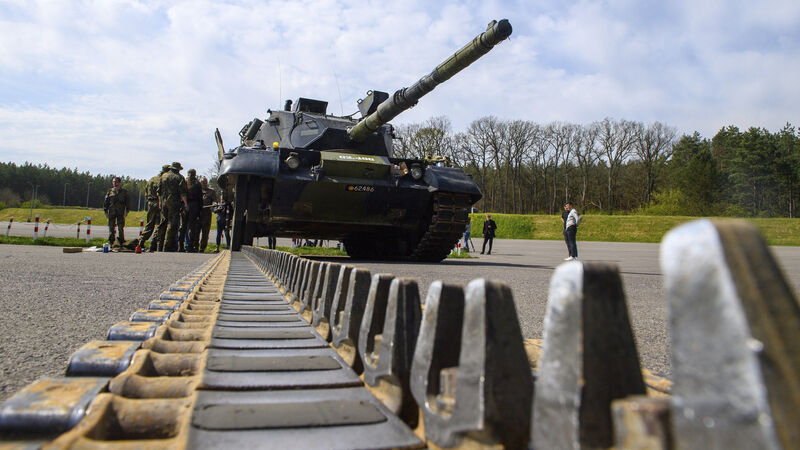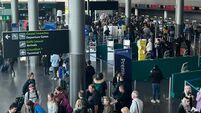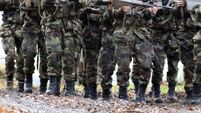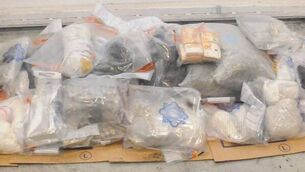The Irish public are blissfully unaware that the Third World War has already begun

Ukrainian soldiers work on a Leopard 1 A5 main battle tank during the visit of German Defense Minister Boris Pistorius and his Danish counterpart Troels Lund Poulsen to the Bundeswehr military site in Germany in 2023. Currently, all countries in the Baltic region are preparing for war. File photo: Klaus-Dietmar Gabbert/dpa via AP
“You may not be interested in war, but war is interested in you.”
The above quote is a paraphrase of Leon Trotsky’s comment on dialectics made around 1940. The precise quote was made by Harvard’s Professor Michael Waltzer, in his book (1977).
















